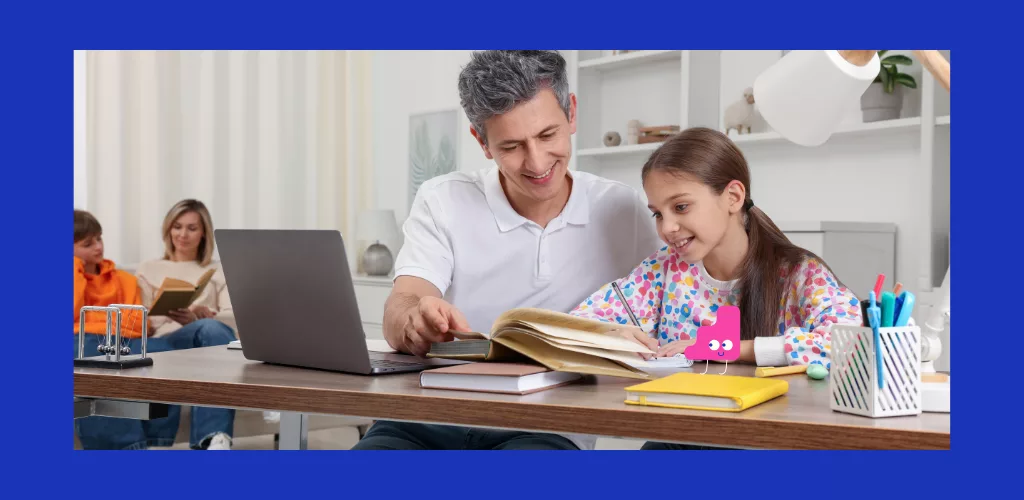How can we help children develop the confidence to succeed at school and in life?
Confidence is a fundamental skill that plays a crucial role in children's development. It influences their success at school, their social relationships and their ability to look to the future with serenity. Yet, according to the study conducted by VersLeHautmany young people lack self-confidence, held back by obstacles in their school and family environment. So how can we help them cultivate this precious quality for success, both at school and in life?
The challenges of building confidence in children
Despite its importance, trust is often undermined in today's educational context. Several factors contribute to this problem.
Self-confidence insufficiently supported by the education system
-
- Only 45% of 16-20 year olds say they trust school to help them develop their self-esteem.
- According to the 2018 PISA study, only 59% of 15-year-old French students believe that their confidence enables them to overcome difficult times, a score well below the average for OECD countries.
Growing concern about the future
-
- 83% of young people are worried about their future direction, which reflects a lack of direction and a difficulty in projecting themselves with confidence.
- 8 out of 10 young people abandon certain aspirations due to a lack of self-confidence.
Lack of trusted adults at school
-
- Only one child in two feels he or she can confide in a caring adult at school, a fact that underlines the importance of a secure environment to nurture their confidence.
Levers for building children's confidence
The study by VersLeHaut study highlights concrete solutions for developing an educational environment conducive to trust.
Valuing commitment and positive experiences
-
- 72% of young people who have taken part in programs such as the Universal National Service (SNU ) say that the experience has helped them to forge new ties and gain confidence.
- Initiatives such as the Coup de Pouce programs show encouraging results:
- 96% of participating children saw their self-confidence increase, according to their parents.
- 89% of teachers report increased student motivation.
Encouraging freedom of choice and action
Confidence can't be decreed: it's built through autonomy. Allowing young people to make decisions and get involved in activities helps them develop their ability to take on the unknown.
Creating a caring learning environment
Teachers play a key role in building self-confidence. By adapting their methods and valuing each individual's progress, they can help transform students' school experience.
Three fundamental pillars for cultivating trust
According to the report, trust is based on three main elements:
1. Knowledge of relevant facts: Understand your strengths and weaknesses through constructive feedback.
2.Commitment to action: Confidence grows through daring to cross the boundaries of the unknown and experimenting.
3.A positive emotional environment: Feelings of security, recognition and support have a profound influence on the development of confidence.
Conclusion: working together for the future of young people
Confidence is much more than an individual quality: it is the foundation on which future education rests. By valuing effort, providing opportunities for engagement and creating caring environments, we can help young people overcome their doubts and realize their potential. The VersLeHaut study reminds us that investing in confidence means offering children the keys to success, now and in the future.
The Soft Kids team 🌈
Listen to or watch the full episode of the Generation Parents podcast for concrete ideas and in-depth reflections on building young people's self-confidence.




0 comments